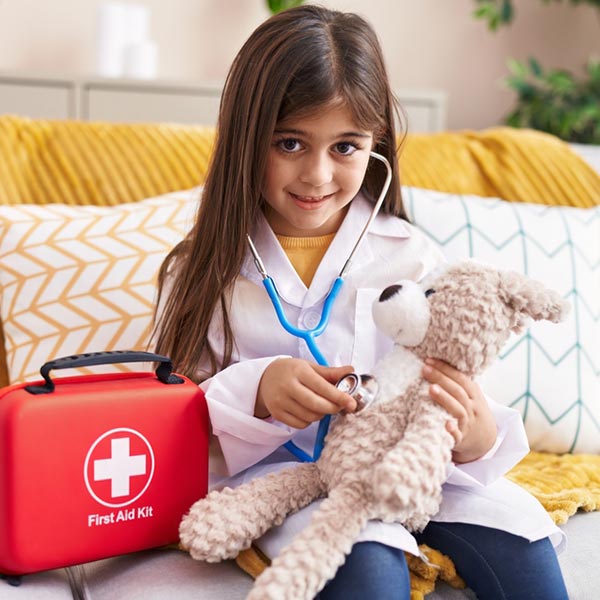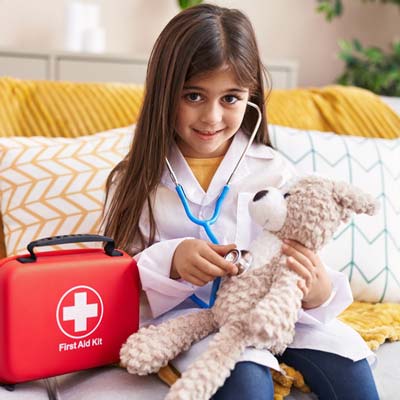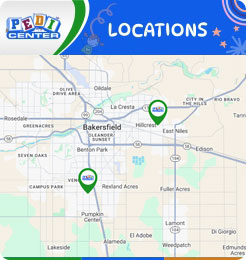Pediatric Urgent Care for Dog and Cat Bites
At Pedi Center Urgent Care, we understand the concerns that arise when your child experiences a dog or cat bite. These incidents can lead to infections, allergic reactions, or other health complications if not treated properly. Our team provides immediate care for bite wounds, including cleaning, assessing the risk of infection, and administering necessary treatments such as antibiotics or tetanus shots. For more information, contact us or schedule an appointment online. We are conveniently located at Niles Street Bakersfield CA and Wible Road Bakersfield CA.


Check Out Our 5 Star Reviews



Additional Services You May Need
▸ Well-Child Visits
▸ School & Sports Physicals
▸ Immunizations
▸ Sick Visits
▸ Insect Stings
▸ Snake Bites
▸ Eye Trauma
▸ Poisons
▸ Nosebleeds
▸ Lyme Disease
▸ Animal Bites
▸ Spider Bites
▸ All Services





